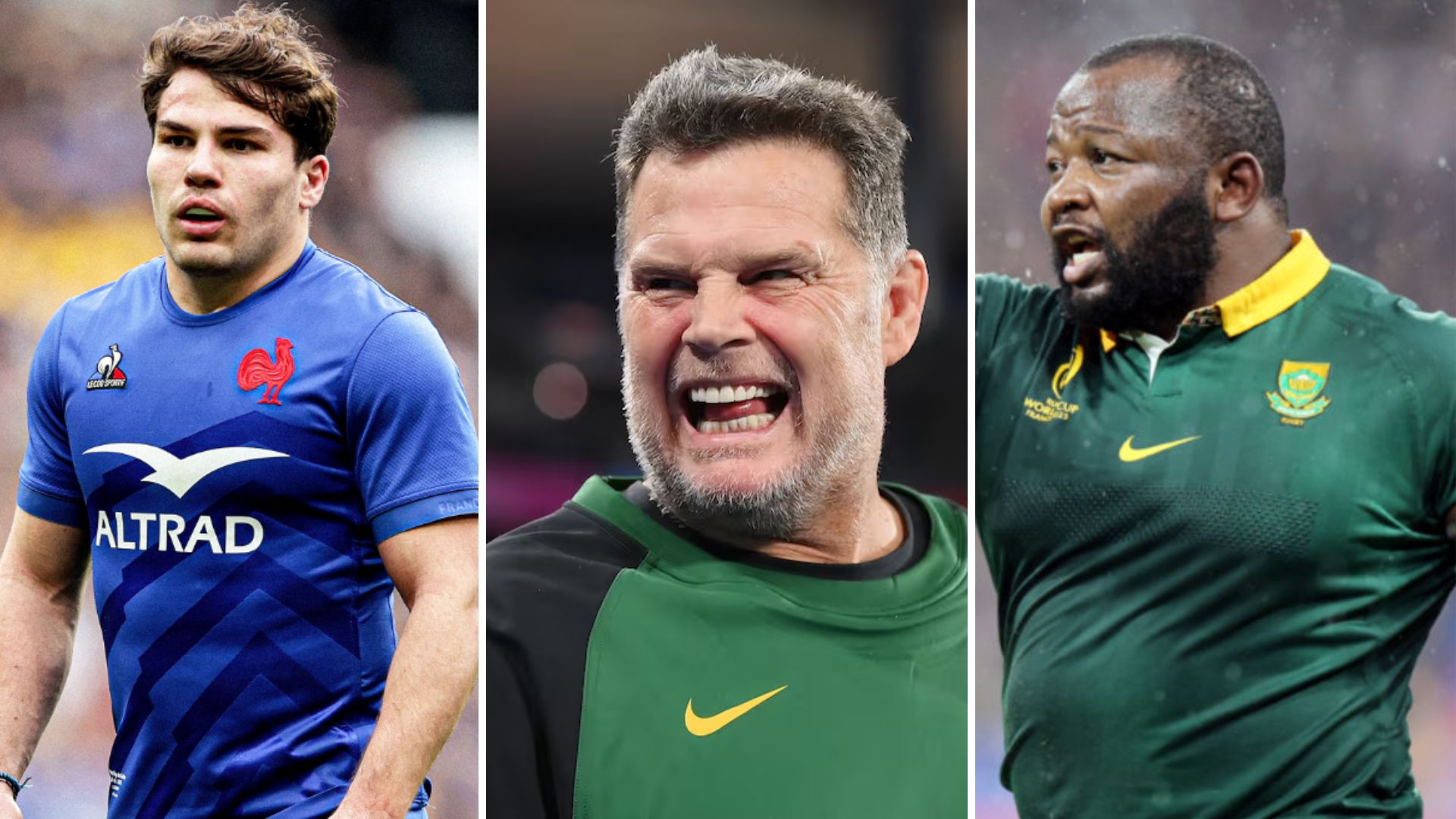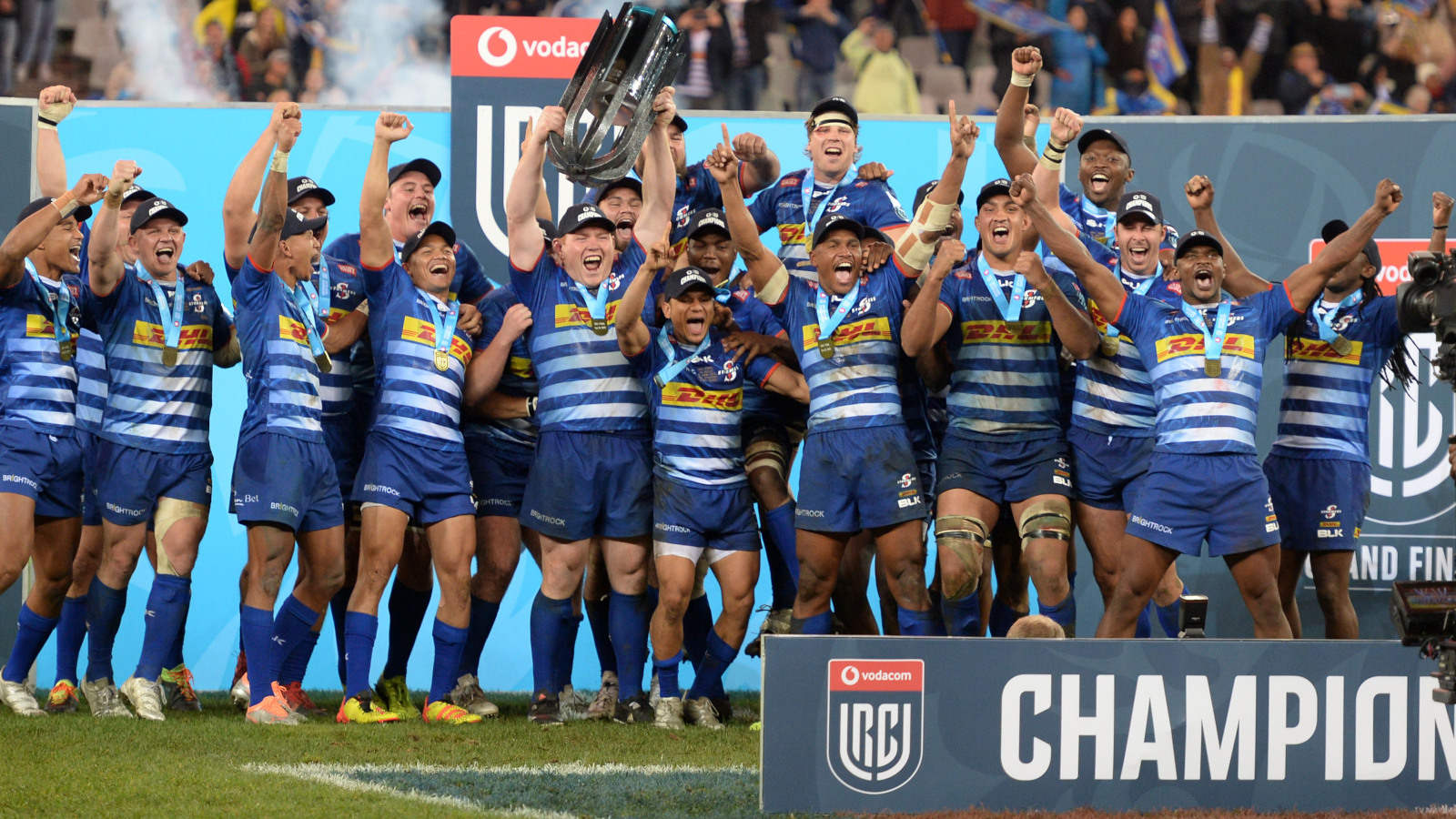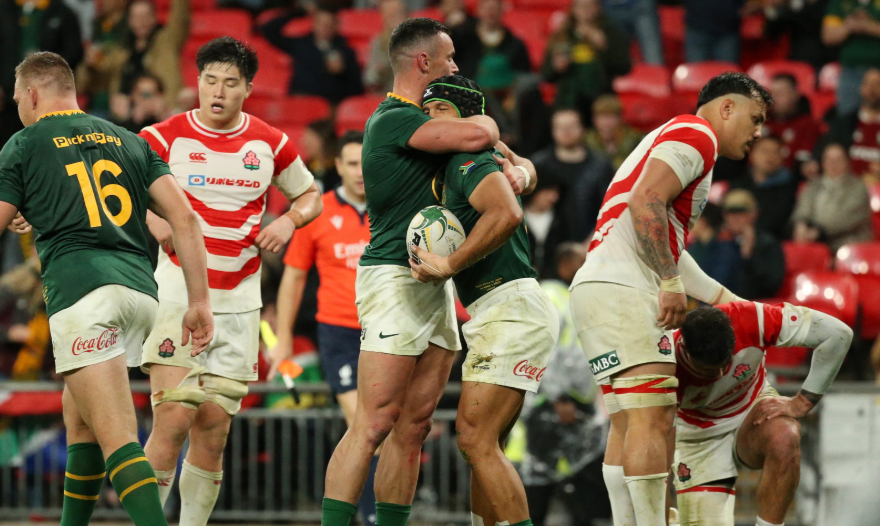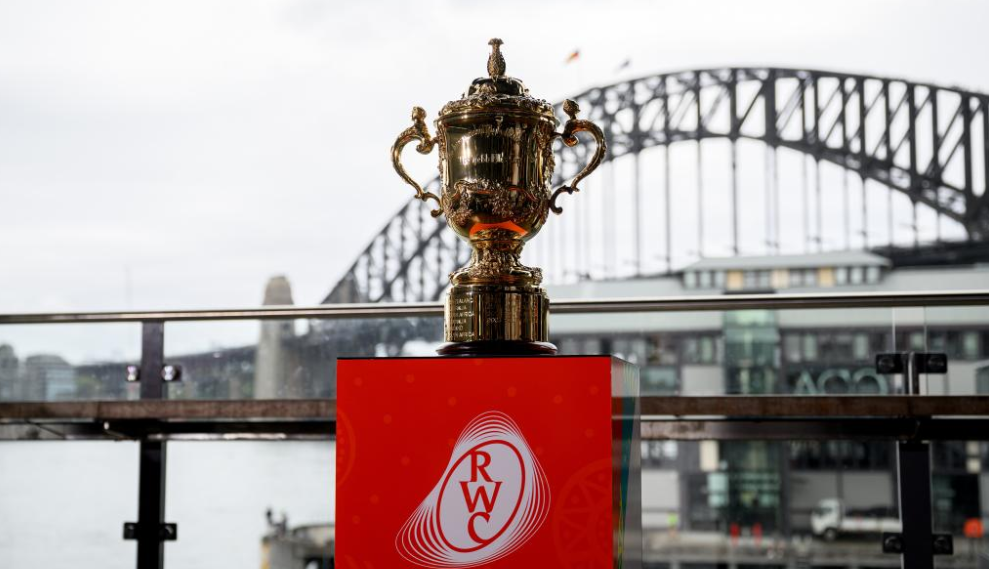The World Rugby Awards, intended as the pinnacle of the rugby calendar, often spark more controversy than celebration. While the event aims to honour the sport’s best, the criteria for awards and their underlying messages have drawn sharp criticism. This year’s ceremony in Monaco highlighted several issues, ranging from contentious decisions to a lack of transparency and inclusivity.

A Divisive Platform
Award ceremonies are inherently subjective, and debates about nominees and winners are inevitable. However, two particular awards this year raised questions about World Rugby’s priorities. Pieter-Steph du Toit’s recognition as the Men’s Player of the Year was widely celebrated, showcasing his outstanding consistency and performances. Yet, the absence of players like Ox Nche, whose contributions in the front row were instrumental for the Springboks, underscores a bias toward more prominent positions like halfbacks and wingers. Front-row players, despite their crucial role in scrums and forward battles, remain overlooked.
The Snub of Rassie Erasmus
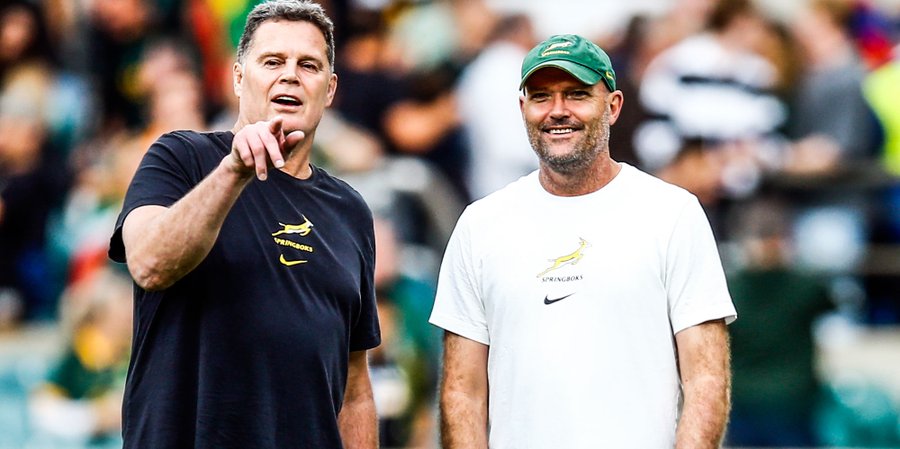
Perhaps the most glaring omission was Rassie Erasmus from the World Coach of the Year shortlist. Despite leading the Springboks to an 84.6% win rate, dominating the Rugby Championship, and achieving unprecedented squad depth, Erasmus was ignored. Speculation lingers that his omission stems from his 2021 public critique of referees, for which he received a ban. This perceived vendetta overshadows his contributions, undermining the legitimacy of the awards.
Erasmus’s snub also raises broader questions about the award’s criteria. Jerome Daret of France was honored for winning the Olympics Sevens, despite Argentina clinching the HSBC SVNS Series. This choice implies that a two-day Olympic event outweighs the demands of an entire international 15s season. Such decisions beg for clarity: What benchmarks does World Rugby use, and how do they prioritise achievements across different formats?

Inconsistencies in Recognition
The absence of separate categories for men’s and women’s coaches and teams further muddies the waters. Combining these awards fails to account for the unique challenges and milestones in each division. For instance, the upcoming 2025 Women’s Rugby World Cup and the British and Irish Lions tour to Australia will both feature significant coaching achievements. Yet, without distinct categories, one accomplishment may unfairly overshadow the other.
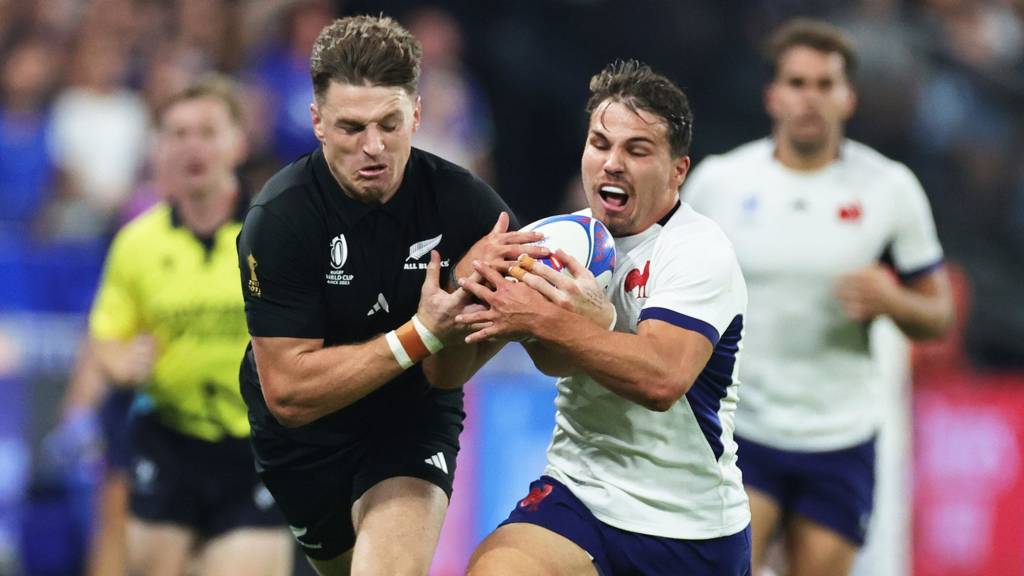
Another contentious issue is the selection of Antoine Dupont as the Sevens Player of the Year. Dupont, an exceptional 15s player, participated in only three Sevens tournaments, contributing minimally during the season but excelling in the Olympics final. This choice undermines players who dedicate their careers to Sevens, enduring grueling schedules and adapting to diverse conditions. Awarding Dupont sends the message that a 15s star can overshadow Sevens specialists with minimal involvement, diminishing the sport’s integrity.
A Call for Reform
The recurring controversies highlight the need for a comprehensive overhaul of the awards structure. First, clearer and more transparent criteria must be established to evaluate performances across formats, tournaments, and seasons. Recognising Sevens as a distinct discipline with its own challenges would help elevate its status rather than treat it as a secondary platform for 15s players.
Additionally, reinstating separate awards for men’s and women’s coaches and teams would reflect the growing stature of women’s rugby and ensure achievements in both divisions receive equal acknowledgment.
World Rugby must also confront its biases. Acknowledging players from less glamorous positions, like the front row, and ensuring fair treatment of figures like Erasmus, regardless of past controversies, would restore credibility.
Looking Ahead
As the rugby community prepares for 2025’s major events, the issues surrounding the World Rugby Awards remain pressing. Without addressing these flaws, future ceremonies risk alienating fans and undermining the sport’s global appeal. Whether it’s recognising the unsung heroes of the scrum, ensuring fair criteria for coaches, or treating Sevens as an equal discipline, the path forward demands transparency, inclusivity, and fairness.
In its current form, the awards often appear more symbolic of favoritism and legacy judgments than an authentic celebration of rugby excellence. World Rugby has the opportunity to redefine this narrative, ensuring the event becomes a true reflection of the sport’s values and achievements. Until then, the controversies are likely to persist, leaving fans questioning the very institution meant to honour rugby’s finest.

